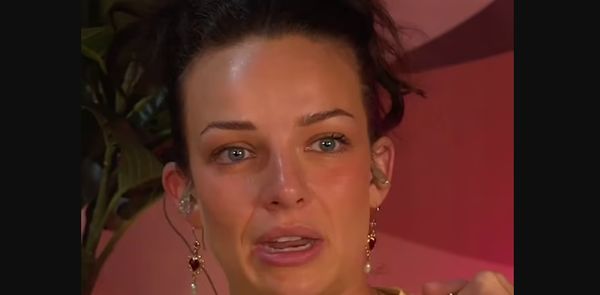Abbie Chatfield, best known for her appearances on The Bachelor, has sparked a conversation about the use of the term ‘females.’ On her recent episode of the It’s A Lot podcast, the 28-year-old reality star expressed her concerns, suggesting that the term can be offensive as it dehumanizes women and excludes transgender individuals.

Abbie goes on to compare the use of ‘females’ to a slur, equating it to words like ‘b**tch,’ highlighting its sexist undertones. She further explains that the term feels transphobic as it categorizes individuals solely based on their gender identity. Instead, she argues, using the word ‘women’ allows for more open and inclusive discussions about gender identity.
This discussion initiated by Abbie has sparked a broader conversation about the use of gendered language and its impact on marginalized communities. Many have applauded her for raising awareness about an often overlooked issue and encouraging greater sensitivity and awareness when it comes to language use.
However, not everyone agrees with Abbie’s perspective. Some argue that the term ‘females’ is neutral and descriptive, without any negative connotations. Others believe that the context and intent behind its use are crucial in determining whether or not it is offensive.
Regardless of individual opinions, Abbie’s remarks have prompted reflection and dialogue on the importance of inclusive language and the need to be mindful of how our words can affect others. In a society that strives for greater equality and acceptance, language plays a powerful role in shaping perceptions and attitudes towards gender and identity.
As discussions around gender and language continue to evolve, Abbie’s message serves as a reminder of the ongoing work needed to create a more inclusive and respectful society for individuals of all gender identities and expressions. Through thoughtful and respectful dialogue, we can strive to create a world where everyone feels valued and respected for who they are.





